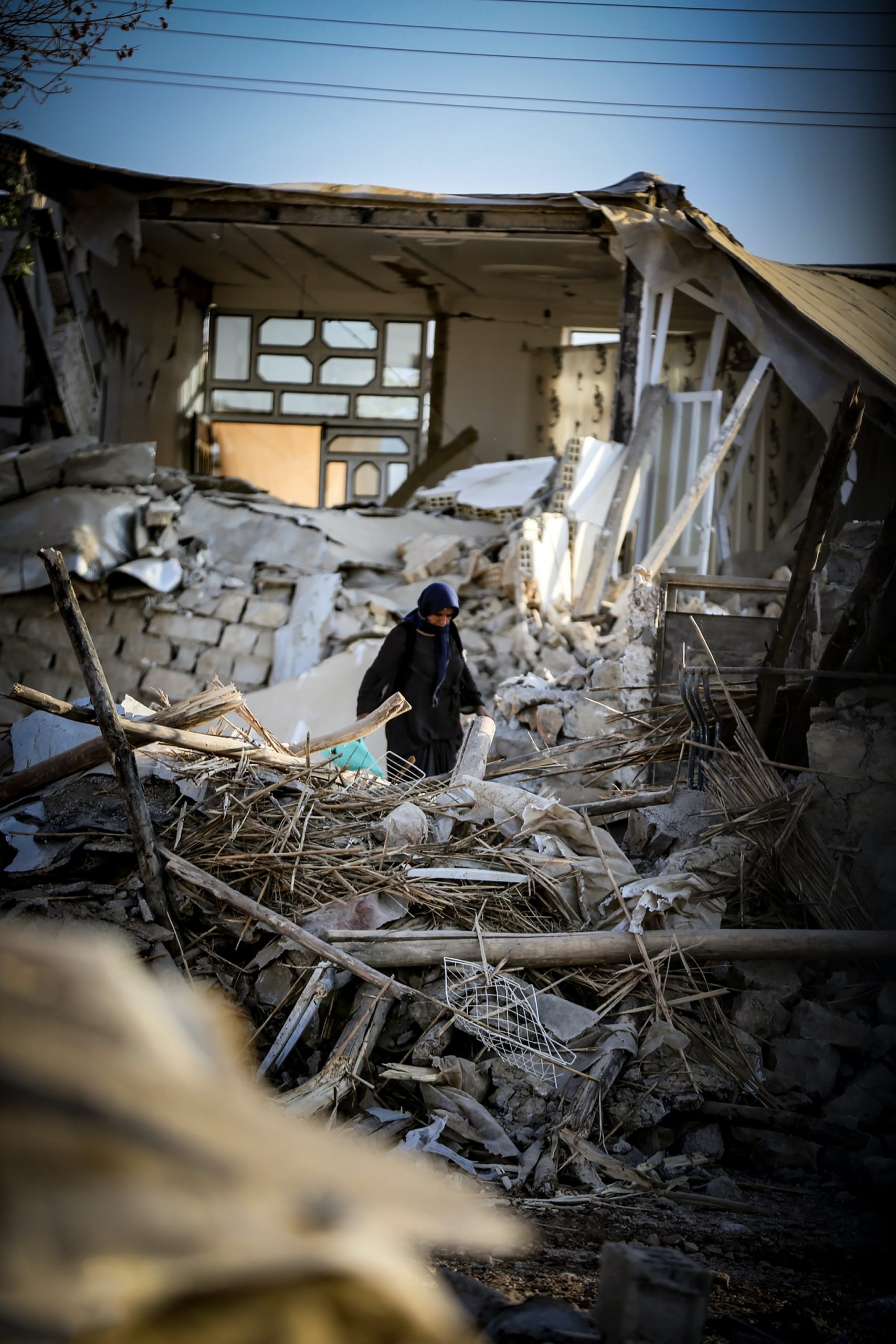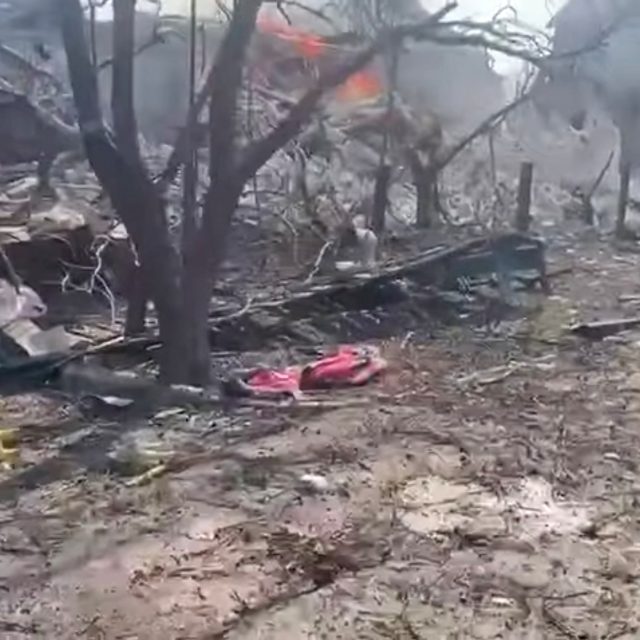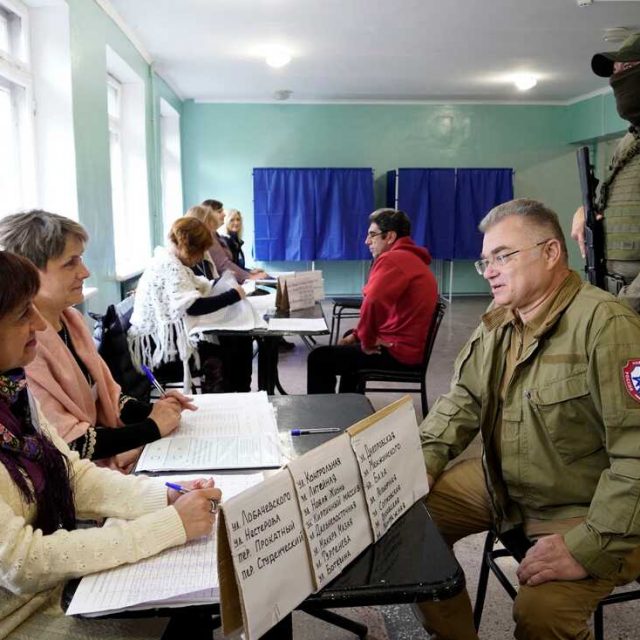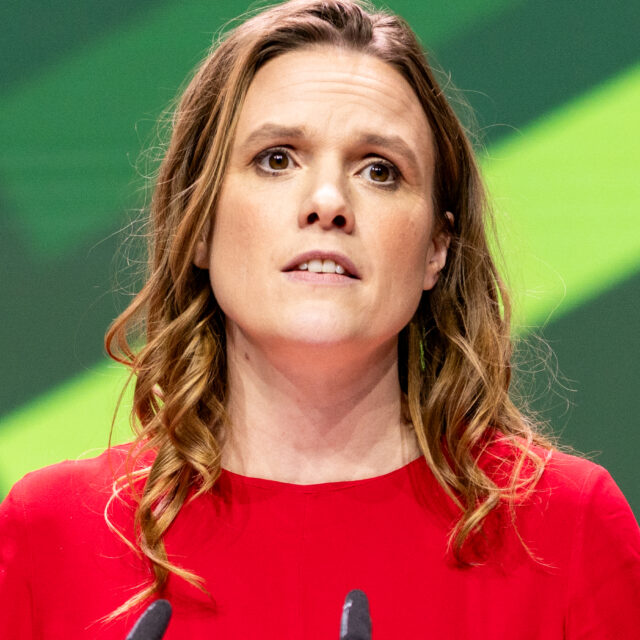Photo by moein rezaalizade on Unsplash
MEPs will this week debate the EU’s response so far to the devastating earthquakes that struck Turkey and Syria on 6 February.
The death toll in the two countries had exceeded 33,000 by Monday.
The World Health Organisation has now warned of a secondary disaster, with tens of thousands of people displaced and in need of basic services such as clean water and shelter in worsening weather conditions.
MEPs have expressed support for the continued provision of assistance and humanitarian aid to Turkey and Syria through the EU Civil Protection Mechanism to support the emergency response in both countries.
An ECR spokesman said, “Our thoughts continue to be with the victims, the injured, and their families.”
Elsewhere in a phone call on Sunday EC President Ursula von der Leyen conveyed to the President of Türkiye Recep Tayyip Erdogan her “deepest condolences” and those of the European Union for the catastrophic loss of life and destruction caused by the earthquake, and discussed next steps in our support for Türkiye.
An EC spokesman said, ”From the first moment, Commission has been by the side of the Turkish people with wide ranging support provided very rapidly following the devastating earthquake. The EU has already made available significant support to Türkiye through the EU Civil Protection Mechanism, including:
- 21 EU Member States and three UCPM Participating States offered 38 response teams, consisting of 1 651 persons and 106 search and rescue dogs;
- 12 EU Member States have provided shelter items (50 000 family winter tents, 100 000 blankets and 50 000 heaters);
- The Commission’s Emergency Response Coordination Centre has mobilised 500 Relief Housing Units from the rescEU reserve (hosted by Sweden), as well as 2 000 tents and 8 000 beds hosted by Romania to be deployed to Türkiye;
- An EU Civil Protection team of 11 experts has deployed to support the local and national authorities with the coordination of incoming EU assistance.”
Commissioner Lenarčič visited Gaziantep (South-East Türkiye) to witness the impact of the devastating earthquake and to ascertain how the EU can further step up its relief operations in Türkiye.
von der Leyen told Erdogan that the Commission will mobilise additional support and respond to Türkiye‘a latest request for more shelter capacity – in particular tents, blankets, heaters. The Commission is also mobilising the private sector to increase the capacity to deliver the necessary support as rapidly as possible.
Beyond rapid emergency assistance, von der Leyen will host a Donor’s Conference, together with Swedish Prime Minister Ulf Kristersson, to mobilise funds from the international community in support for the people of Türkiye and Syria. The conference will be organised in coordination with the Turkish authorities, and it will take place in Brussels in March.
Meanwhile, the airline, Emirates, is setting up an airbridge to transport urgent relief supplies, medical items and equipment to support on-ground aid efforts and search and rescue activities in both countries. The first shipments consisted of high thermal blankets and family tents from UNHCR, followed by World Health Organisation (WHO) and World Food Programme (WFP) relief cargo of medical kits and shelter items, co-ordinated by the IHC in Dubai.
In the coming days, more consignments of blankets, tents, shelter kits, flash lights, water distribution ramps and trauma and emergency health kits will be transported.
It said it plans to dedicate cargo space for around 100 tonnes of humanitarian relief goods over the course of the next two weeks across its daily flight operations to Istanbul. The critical emergency supplies will then be delivered by local organisations to affected areas in southern Turkey and northern Syria, supporting on-ground responders and providing much needed aid to the hundreds of thousands of people impacted by the earthquakes.
HH Sheikh Ahmed bin Saeed Al Maktoum, Emirates’ Chairman and Chief Executive, said: “We stand with the Turkish and Syrian people and are working with experts like the International Humanitarian City to help provide urgent relief to those affected and displaced by the earthquakes, as well as support the complex recovery efforts on the ground.We have extensive experience in supporting humanitarian relief efforts, and through its three daily flights to Istanbul will offer regular and consistent widebody capacity for relief items and medical supplies.
“We also support the UAE’s ongoing humanitarian efforts to support Turkey and Syria, and Dubai’s unique position as the world’s largest international aid logistics hub means that we can efficiently reach disaster stricken areas and the most vulnerable people as quickly as possible.”




